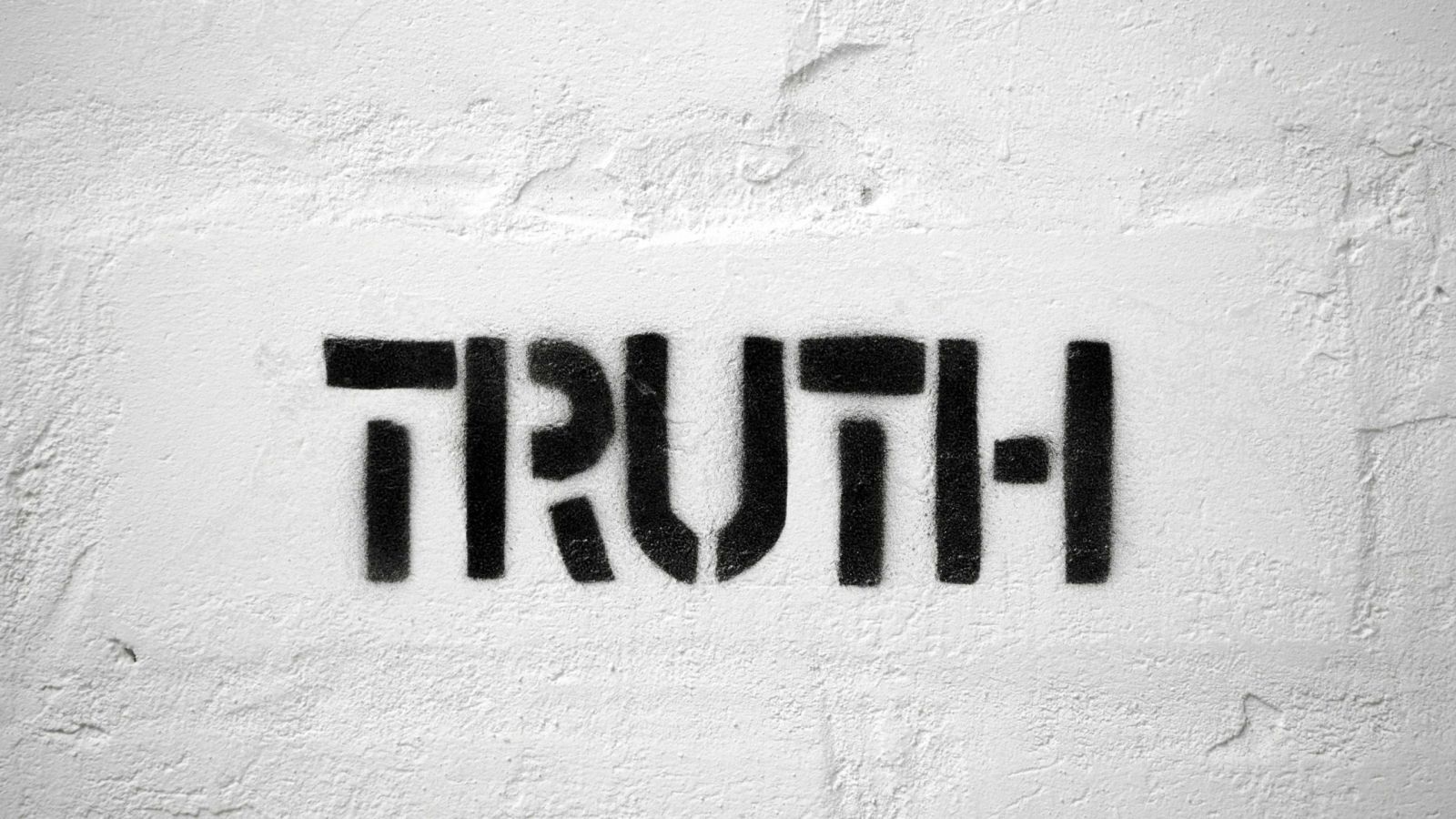Ijtihād in Islamic Jurisprudence and the Prohibition of Stubbornness
Imām Ibn al-Qayyim


Imām Ibn al-Qayyim [d. 751 AH] said: It is the opinion of a party of scholars that whoever strives in a matter [of Islamic jurisprudence], forming an opinion concerning it, but has no valid evidence to support his view will not be considered blameworthy. Rather, he is excused, regardless of whether he be from the predecessors or the contemporary [scholars].
As for the one whose opinion is disproved by clear evidence but he shows stubbornness; continuing the adoption of a law that is merely the opinion of a specific person, then the promise of torment indeed applies to such an individual.
We have narrated as such in the Musnad of ʿAbd ibn Ḥumayd who narrates from Ibn ʿAbbās who said: The Messenger of Allāh [may the peace and blessings of Allāh be upon him] said: ‘Whoever says concerning the Qurʾān that which is his own opinion, let him prepare himself for his seat in the fire.’
Source: Iʿlām al-Muwaqqiʿīn: 99
Translated by: Riyāḍ al-Kanadī

















